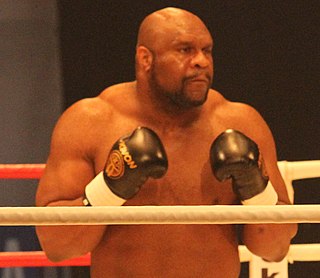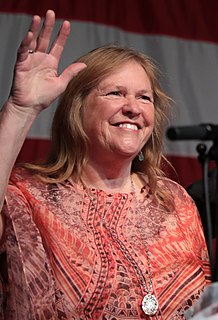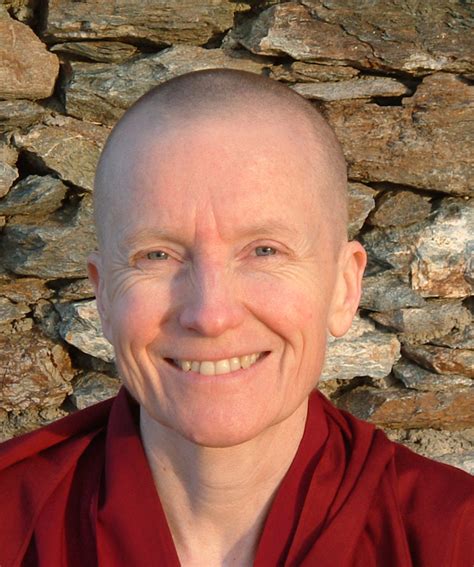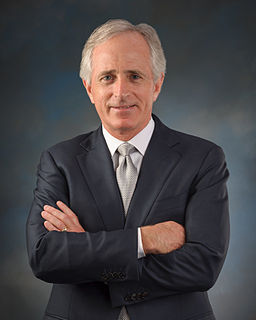A Quote by Sarah Parcak
In Egypt, I do survey work on the ground. That's really the most important part of using satellite images. You know, it helps us to find potential locations for sites, and then we get to go there on the ground and confirm what we've seen.
Related Quotes
It's really important to have life strategies and part of that is sort of knowing where you want to go so you can have a map that helps you to get there. And the traditional way tells us oh we get into school and someone else advises us, helps us, but that often does not work for African Americans female and male. Because what works for the dominant culture often does not work for us.
On dispersive ground, therefore, fight not. On facile ground, halt not. On contentious ground, attack not. On open ground, do not try to block the enemy's way. On the ground of intersecting highways, join hands with your allies. On serious ground, gather in plunder. In difficult ground, keep steadily on the march. On hemmed-in ground, resort to stratagem. On desperate ground, fight.
This whole concept of boots on the ground, we've got a phobia about boots on the ground. If our military experts say, we need boots on the ground, we should put boots on the ground and recognize that there will be boots on the ground and they'll be over here, and they'll be their boots if we don't get out of there now.
As a young lawyer, I learned to try to find common ground with people, to look for a human connection. When I got to the Senate, despite the fact that there were a lot of people who didn't want me to get there - and were sure they'd never even talk to me, let alone work with me - I really tried to do the job I was sent there to do by the people of New York, which was to get things done for my constituents. I worked with Republicans, and we found a lot of common ground. It isn't easy, but it's part of what we have to do in politics today.
I think with empathy... It's more looking out at the people. And that includes the Republicans, you know the people that might be opposed to us. Trying to understand why is it that they want what they want. And then how do we find common ground. I mean sometimes there is no common ground to be had if it's only about profit.


































